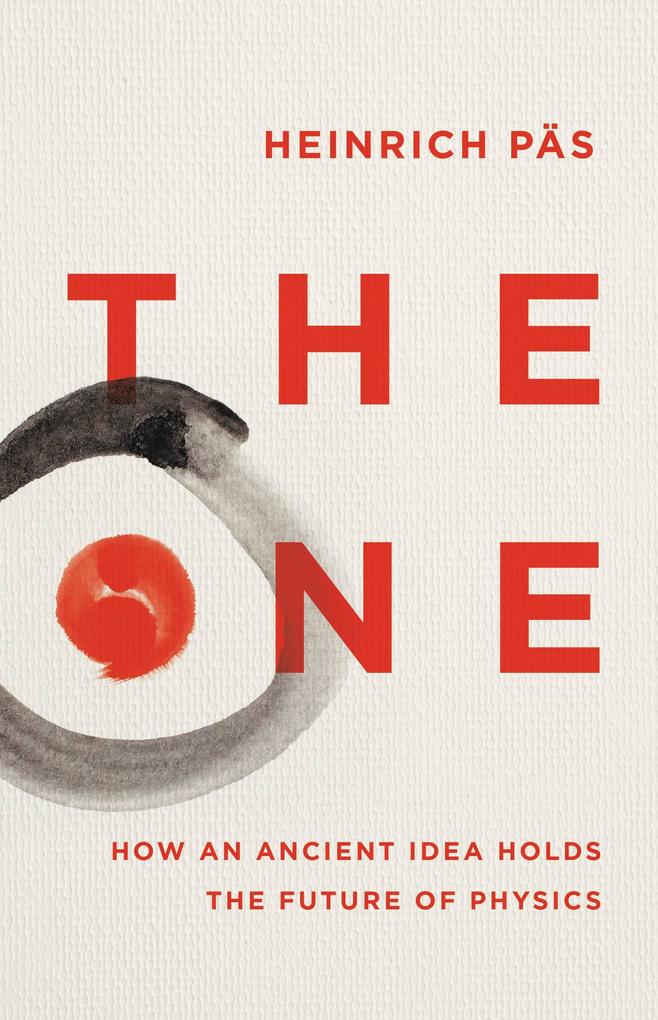
Zustellung: Di, 19.11. - Sa, 23.11.
Versand in 2 Wochen
VersandkostenfreiBestellen & in Filiale abholen:
""From all things One and from One all things," wrote the ancient Greek philosopher Heraclitus. You might read this as a platitude, or as a pleasant spiritual or philosophical idea. You probably wouldn't read it as a more-or-less accurate scientific statement about the nature of the universe. Particle physicist Heinrich Pèas, however, does. In The One, Pèas makes the surprising and compelling case for monism-the philosophical idea that one single, all-encompassing thing underlies everything we experience-rehabilitating the idea's reputation and reclaiming it for science. At first glance, the idea that "all is one" seems patently absurd. But Pèas reveals that monism follows logically from certain principles of quantum mechanics once they are applied to the entire universe. He shows how monism is not only a feasible theory from a scientific perspective but a potentially powerful solution to the stagnation of thought in contemporary physics, arguing that if physics is ever to progress, physicists must learn to embrace insights from outside the narrow silo of experimental knowledge. Along the way, Pèas traces monism's often-buried 3000-year history, passing through the lives of a diverse array of great thinkers, including Plato, Galileo, Spinoza, and Goethe, and the churchmen, philosophers, and physicists who fought against monism as well. The result is an epic and expansive journey through thousands of years of human thought and into the nature of reality itself. Equal parts physics, philosophy, and history of ideas, The One is of the rare sort of book that can both the first-time reader with its marvels and revolutionize the worldview of even the most experienced physics buff"--
Produktdetails
Erscheinungsdatum
17. Januar 2023
Sprache
englisch
Seitenanzahl
368
Autor/Autorin
Heinrich Päs
Verlag/Hersteller
Produktart
gebunden
Gewicht
570 g
Größe (L/B/H)
240/156/33 mm
ISBN
9781541674851
Entdecken Sie mehr
Bewertungen
0 Bewertungen
Es wurden noch keine Bewertungen abgegeben. Schreiben Sie die erste Bewertung zu "The One" und helfen Sie damit anderen bei der Kaufentscheidung.









